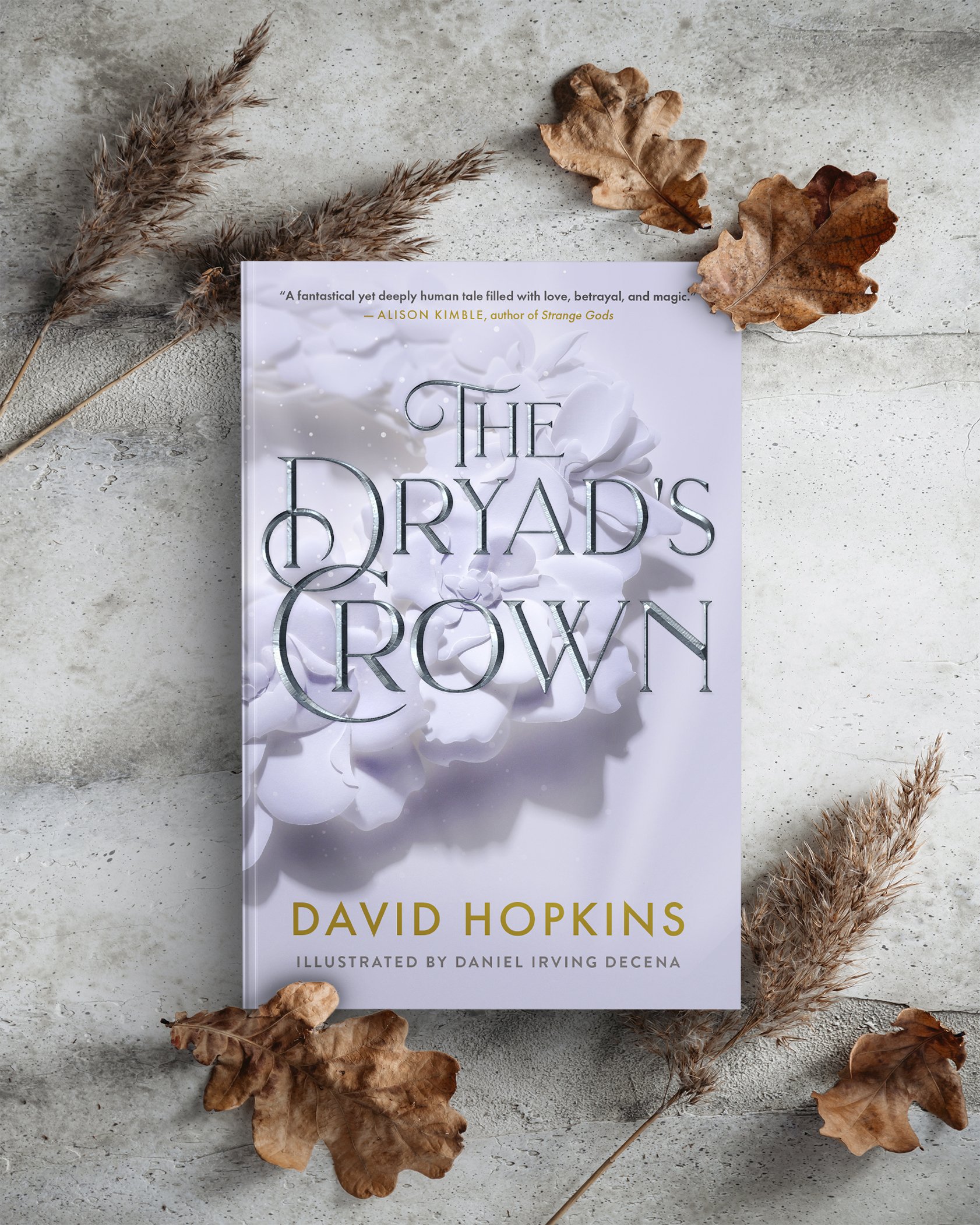Yesterday, I finished the first draft of HOW TO LOSE BIG. It was a good feeling. I've worked on a lot of proposals lately, but many were just a synopsis, chapter one script, and some art. I decided to script this one from beginning to end, to stay sharp as a writer. I'm glad I did so.
Now comes the next stage, which is editing. However, it's important to clarify that the editing process begins the moment I start writing. I can't really separate the two. Some writers have a more polished first draft than others, then everything after that is fine tuning. Some writers have a loose first draft and then slave away during the second and third re-writes. Anytime you add, delete, or modify something you wrote, you're editing. Thus, the adage: "editing is writing." The creative process is as much about the pencil point as it is about the eraser on the other end. Creative choice involves mental editing before you type the words on the keyboard.
All the same, one hopes that at the beginning you focus most of your energy on production and move gradually into a focus of refinement. It would be hard to make refinement your priority on day one.
My first draft. For me, it's hard to write with a blind eye to changes that could be made to something I wrote a paragraph before. I constantly re-read while I'm writing. It's bad and slows down everything. If you had control over your process, I wouldn't recommend doing it this way. Like an injury that never healed, I've learned how to function normally with it. What am I looking for? Clarity of thought, of course. Would someone understand what I'm trying to say? I look for a logical progression of ideas. I look for stupid mistakes (missing words, misspellings, etc). I try to delete needless propositions attached to the end of verbs, dead adverbs and adjectives. Also, word repetition bugs the hell out of me. Some repetition is to establish a particular cadence (notice earlier in this paragraph I began two consecutive sentences with "I look"). Otherwise, it's annoying. It's one of those writing curses I feel particularly afflicted by. After I stumble through a first draft, I use the Streamline plugin on my Screenwriter program. I'm not all that concerned with making the script a few lines shorter, but Streamline can give some basic suggestions for removing clutter.
Removal of clutter equals increased clarity and readability, which is all I care about. Maybe this is why I'm worried about starting my novel? I've never fixated too much on pretty prose or clever compositions (notice my ironic attempt at alliteration?). I only want the story to shine through.
After Streamline, I use that glorious Find function available on any word processor. I search for these words: "that" "so" "just" "very" "however" "stuff" and the phrase "it is," and attempt to eliminate them as much as possible. Why? These are the overused words that sneak into my writing and weigh it down. I'm sure there are other words to add to the list. For instance, my dependency on be verbs worries me a bit. I come from the William Zinsser school of writing. ON WRITING WELL is required reading in my Creative Writing class.
My second draft. I print the script, put it in a binder, and ignore it for a month or so. I need to approach my second draft with a fresh pair of eyes, time helps and so does moving it from the screen to the printed page. I'm not ready for someone else to edit it, unless they are the artist. They get to see everything throughout. With this draft, I grab a pencil and mark the script with notes. What am I looking for? Everything. However, I give special attention to improving overall narrative flow, character voice, tone, important visuals, and trying to keep the theme as subtle and nuanced as possible. (I'll admit HOW TO LOSE BIG feels too heavy handed in its message. That won't last.) Theme should only be for the smart readers who pay attention. I mean, it's there, but if the author's message or agenda is too obvious -- your bones are showing. It can feel preachy and spoil a good story. Anyone remember Star Wars Episode III? George Lucas, we get it. Once finished, I take my binder and commit the notes to my original script file on the computer.
My third draft. I pass the script to a writer I trust for another perspective. Bribery and favors are sometimes employed to get them to read it. I cannot stress how important is is to get a writer I trust. Editing is not only about accepting feedback, but also knowing whose feedback to take. Some writers pass their script to other people too early in the process. I want to get story as good as possible before I let others tell me what needs to be changed. At his point, I'm not expecting major changes. If so, I missed something in my second draft. I'm testing to see what worked and what didn't -- and I come with specific questions.
Production. The last stage in editing is while the artist illustrates the comic. Sometimes, things that worked in the script don't work on the page like we expected. Other times, an artist makes some discovers that we want to further develop. The dialogue might be redundant if the visuals communicate better without a word balloon crowding the panel. This collaborative aspect of comics can be the most fun, if you're working with a good artist.
Any creative act (and editing is a creative act) involves knowing when to stop. I limit my fussing to these four steps. It's then time to move on and write something else.
